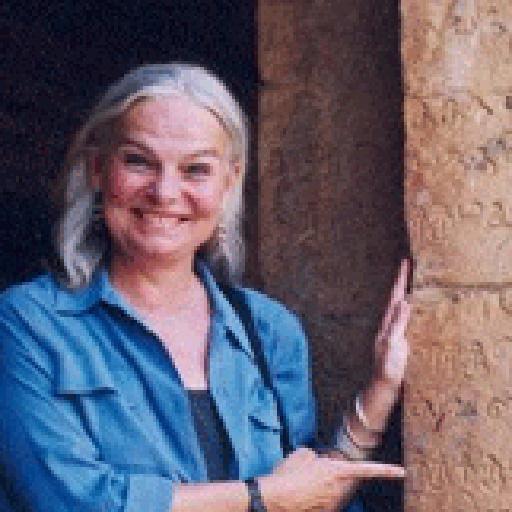
Leslie Orr, PhD
- Professor, Religions and Cultures
Are you the profile owner?
Sign in to editResearch areas: Religious & social history of medieval Tamil Nadu; women in pre-colonial India; temple architecture & epigraphy; interactions among and sectarianism in Hinduism, Buddhism, and Jainism
Contact information
Email:
Biography
Research interests
Religious and social history of medieval Tamil Nadu
Women in pre-colonial South Asia
Devadasis
Temple architecture, iconography and epigraphy
Interaction of Hinduism, Buddhism, Jainism, and Islam
History of South Indian sectarian movements
Colonial/ missionary Indology
Temple-building, record-keeping, and history-making in Tamil Nadu
Leslie Orr joined the Department of Religions & Cultures at Concordia in 1991. Her research interests include the religious and social history of medieval Tamil Nadu; women in pre-colonial South Asia; devadasis; temple architecture, iconography and epigraphy; the interaction of Hinduism, Buddhism, Jainism, and Islam; the history of South Indian sectarian movements; and colonial/missionary Indology. She is the author of the book Donors, Devotees and Daughters of God: Temple Women in Medieval Tamilnadu (NY: Oxford University Press, 2000), co-editor with A. Luithle-Hardenberg and J. Cort of Co-operation, Contribution and Contestation: The Jaina community, British Rule and Occidental Scholarship from the 18th to early 20th century (Berlin: EB Verlag, 2020), and co-author with Crispin Branfoot, Anna Seastrand, and Archana Venkatesan of the forthcoming volume Temples of the Heart: Making a Home for Vishnu in Tirukkurungudi, South India. Also forthcoming are the articles “Mathas in the history of southernmost India: Temple, guru, god and patron in the fourteenth to seventeenth centuries” and “Messages from the Lord: Divine commands in the temple inscriptions of Southern Tamilnadu.”
Traditions
Buddhism
Hinduism
Jainism
Field areas
Women, Gender, and Sexuality
Selected publications
“Politics and Power” in A Cultural History of Hinduism in the Post-Classical Age (800 – 1500), ed. Karen Pechilis, Bloomsbury Cultural History of Hinduism Series, 2024.
“ ‘The Lord who Dances’ in Medieval Tamil Inscriptions” in Re-envisioning Śiva Naṭarāja: A Multidisciplinary Perspective, ed. Anna Slaczka, Brill, 2022.
“Slavery and Dependency in Southern India,” in The Cambridge World History of Slavery, vol.2 (500-1420 CE), ed. Craig Perry, et. al. Cambridge University Press, 2020.
“European imaginings of Jainism in colonial Madras: Tales from the Coromandel Coast,” in Co-operation, Contribution and Contestation: The Jaina community, British Rule and Occidental Scholarship from the 18th to early 20th century, ed. A. Luithle-Hardenberg, J. Cort, and L. C. Orr, Berlin: EB Verlag, 2020.
“Biographies of South Indian Temple Inscriptions,” South Asian Studies 35/2 (2019) 193-205
“Chiefly Queens: Local Royal Women as Temple Patrons in the Late Chola Period” in The Archaeology of Bhakti: Royal Bhakti, Local Bhakti, ed. E.Francis & C. Schmid, Pondichéry: Institut Français de Pondichéry / Ecole française d'Extrême-Orient, 2016
"The Medieval Murukan: The Place of a God among his Tamil Worshippers," in Hindu Ritual at the Margins: Transformations, Innovations, Reconsiderations, L. Penkower and T. Pintchman, ed. University of South Carolina Press, 2013.
"Identity and Divinity: Boundary-Crossing Goddesses in Medieval Tamilnadu." in the Journal of the American Academy of Religion 73:1 (2005), 9-43.Recent graduate seminars and reading courses
Women's Religious Practices in Contemporary India (2021)
Religious Bodies in South Asia (2020)
Religion and Power in South Asia (2019)


